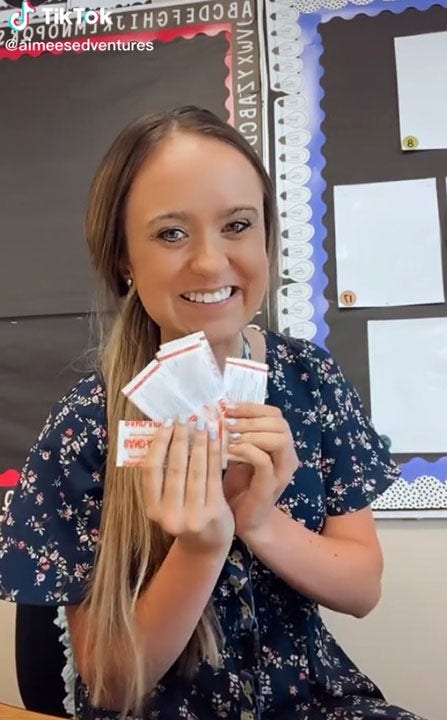Then we are in complete agreement. That's mostly not the information, that is the process. Just like I said in the original comment.
Its unfortunate some teachers don't understand its the process of gathering and evaluating information that is important to learn. Most of the information after about the 8th grade, we never need to use again.
I would argue that 'information' encompasses much more than facts and figures, but we are in agreement that facts and trivia can be looked up in books or online. There is, in fact, an argument that people are getting 'dumber' due to the easy access to information. To the point that more and more people tend toward looking up things that they should know- in the same way that easy access to a calculator will cause people to use the calculator for unnecessary calculations.
Hell, even college was more "how to think" than how much information can be crammed into a brain. But, public speaking was taught in the Speech/Debate class- as were the concepts of debate (obviously). We deal with 'straw man' arguments right here on SH daily. How to compose an essay was taught- and drilled home- in AP Lit courses.
My freshman chemistry professor made a pretty profound impact on me. He only required that we memorize one 'fact' in either of the 2 freshman chem courses, or in the P chem course I took later- the specific heat of water (I just fact checked my memory and it is still in there). The reason was that you can look up 'facts' in a book- that is why reference books exist. He wanted us to build what he called 'chemical intuition.' Tests were open notes (any fact or formula required was given on the exam) and they were scheduled after hours to insure that everyone had sufficient time to complete them. Encyclopedic knowledge (without understanding) was insufficient to the task.
There are some things that you just need to memorize (eg, multiplication table), but the 'how and why' is much more important than the final answer. It's not enough to know that 10x10=100 if you don't know how or why the math works like it works.
That said, I am pretty sure I learned where Kyrgyzstan is while in HS. Why is that important? A buddy of mine just got back from a Marco Polo sheep hunt in Kyrgyzstan, and if I had not learned that little tidbit in HS, I would not know where that country is on the globe- it certainly was not in my primary/secondary education, nor in my college education. There are 100s of little bits of facts and trivia that you learned in HS that you don't even remember that you learned, and don't realize that you use on a daily basis.

 www.foxnews.com
www.foxnews.com


